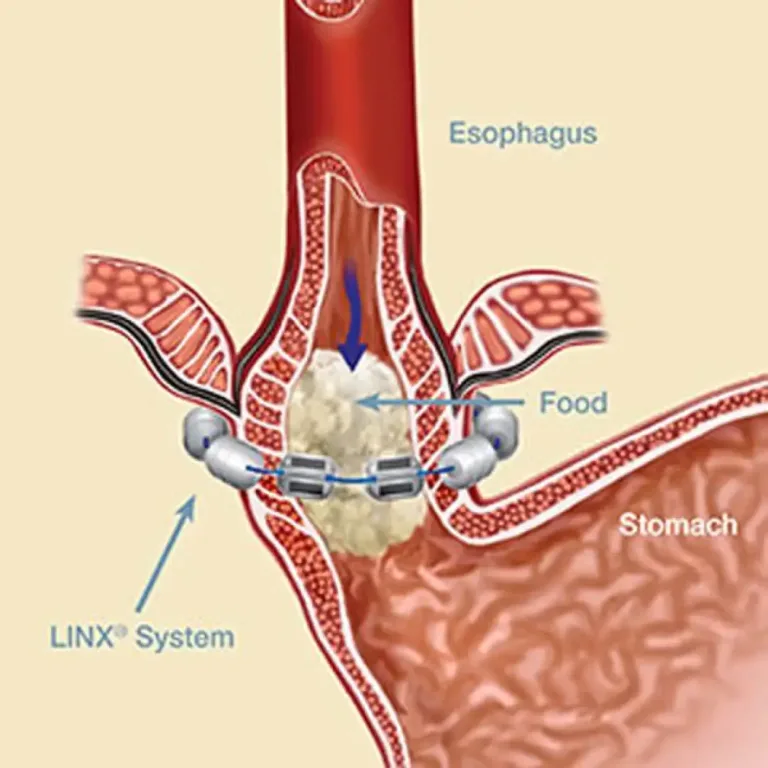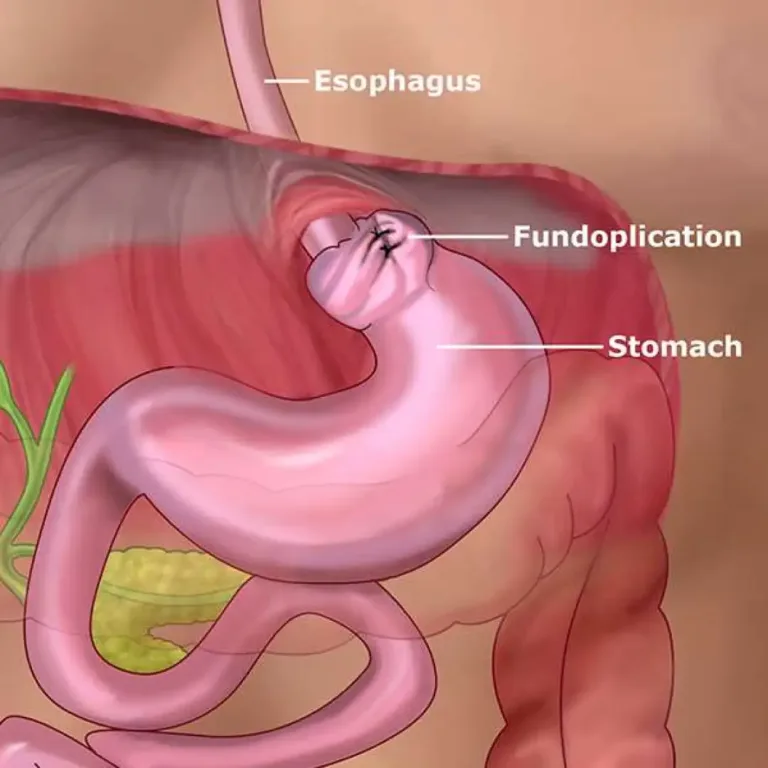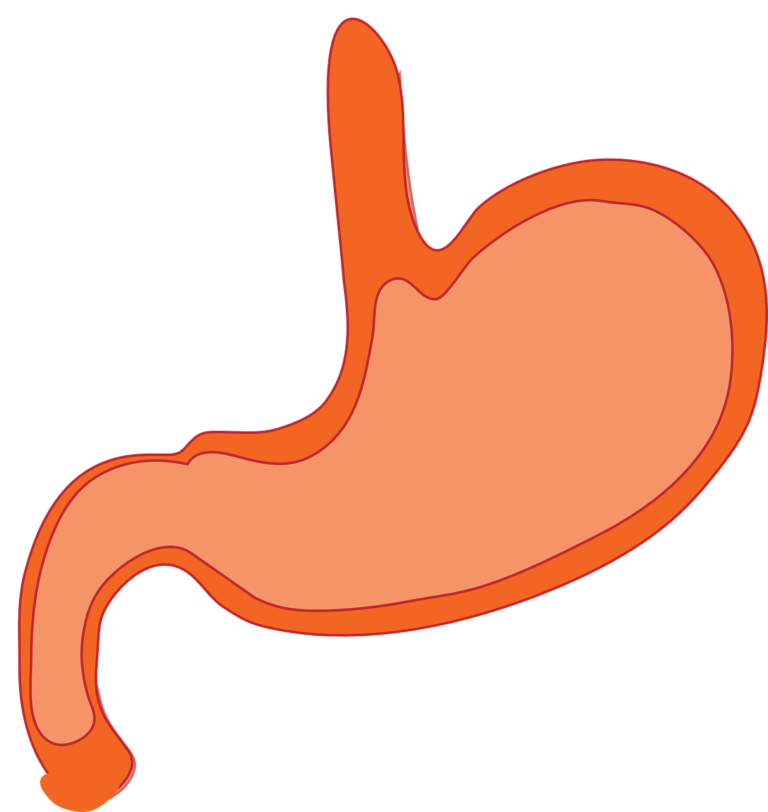Stomach acid, also referred to as gastric acid, is essential for proper digestion and nutrient absorption. Many people associate digestive symptoms like heartburn, reflux, bloating, and indigestion with excess stomach acid. However, emerging research suggests that low stomach acid, known as hypochlorhydria, could be an overlooked cause of these common digestive complaints in some people.
The main role of hydrochloric acid in the stomach is to break down proteins and activate digestive enzymes. When stomach acid production is impaired, undigested food particles can make their way through the digestive tract, triggering uncomfortable symptoms. Some of the common signs of low stomach acid include bloating, belching, flatulence, burning sensations, and constipation or diarrhea. Nutrient deficiencies may also develop over time if food and supplements are not properly absorbed.
What causes low levels of stomach acid? Ageing is a key factor, with acid secretion declining naturally as we get older. Stress can also inhibit acid production. Long term use of antacids, proton pump inhibitors, H2 blockers, and antibiotics can impair acid secretion and cause dependence on these medications. Other contributing factors include chronic health conditions, infections like Helicobacter pylori, and autoimmune conditions.
Diagnosing hypochlorhydria can be challenging as there is no single definitive test. Signs and symptoms, risk factors, and response to supplemental hydrochloric acid may indicate deficient levels. Various laboratory tests can help rule out other conditions. Improving stomach acid levels focuses heavily on diet and lifestyle factors. Eating smaller, nutrient-dense whole foods meals, reducing stress, supporting nutrient status, and weaning off antacids may help restore adequate acid secretion in some individuals.
In summary, contrary to popular belief, many common digestive complaints could reflect insufficient stomach acid rather than excess acid. A holistic evaluation and management approach is key to determining if hypochlorhydria is an underlying cause of stubborn digestive symptoms. Further research is warranted to elucidate the prevalence, diagnostic criteria and optimal treatment for this underrecognized condition.





